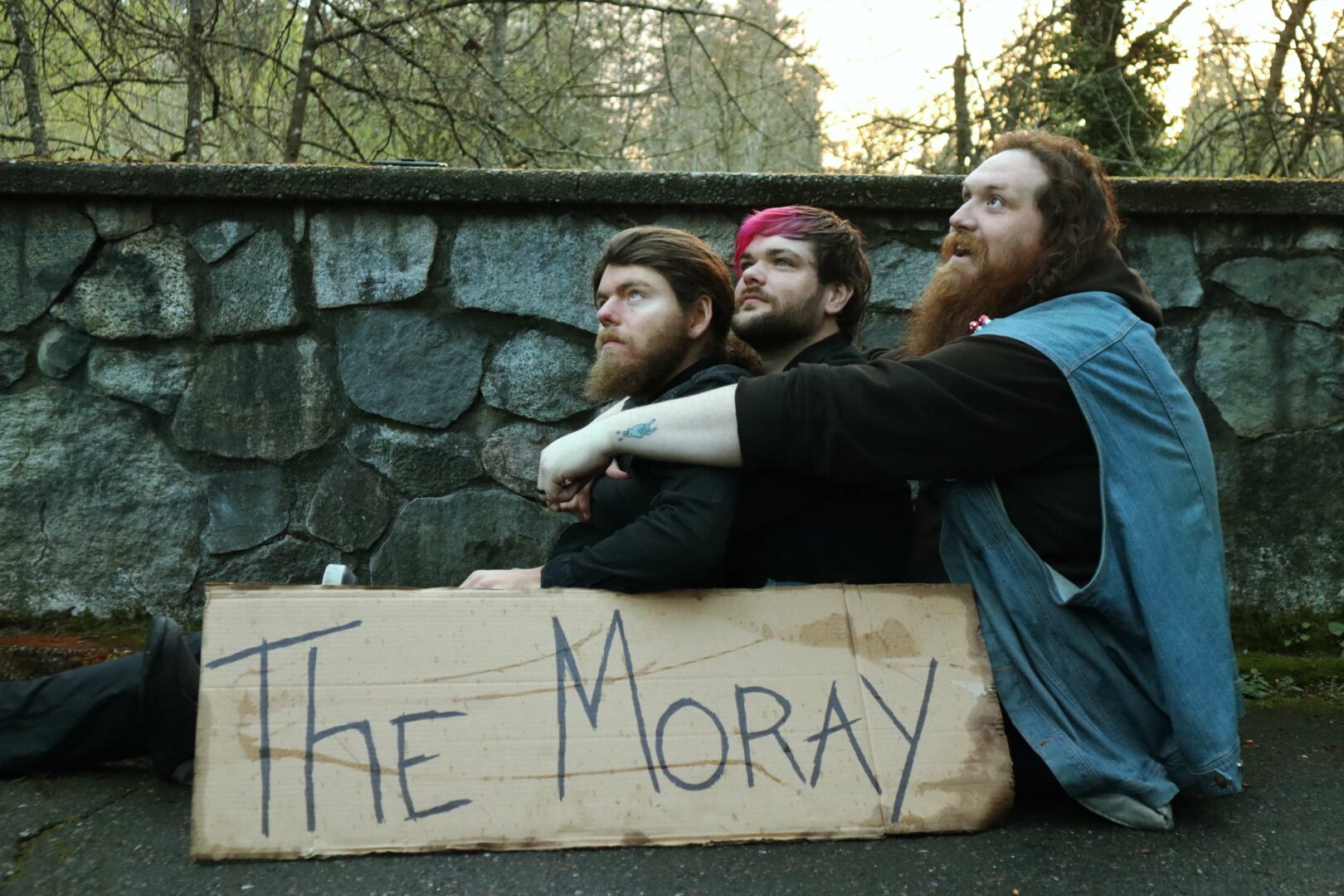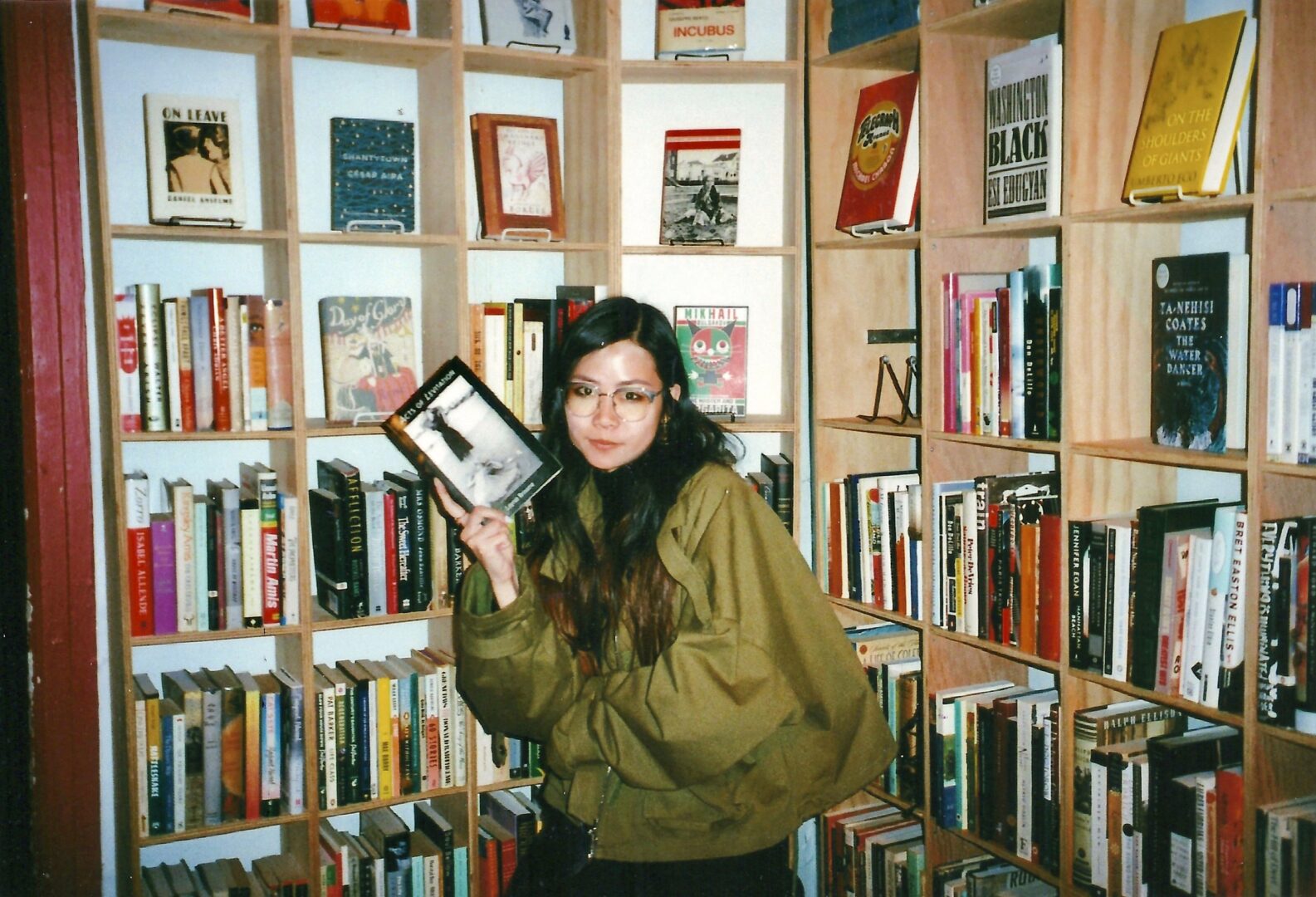We were lucky to catch up with Linda Du recently and have shared our conversation below.
Linda, so good to have you with us today. We’ve got so much planned, so let’s jump right into it. We live in such a diverse world, and in many ways the world is getting better and more understanding but it’s far from perfect. There are so many times where folks find themselves in rooms or situations where they are the only ones that look like them – that might mean being the only woman of color in the room or the only person who grew up in a certain environment etc. Can you talk to us about how you’ve managed to thrive even in situations where you were the only one in the room?
For most of my life, I’ve been the only one in the room who looked like me—whether as a Chinese person growing up in Europe or as a woman in male-dominated fields. At primary school in the UK, I was the only Chinese student. Later, at Cambridge University, I was the only woman in my year studying engineering at my residential college.
The biggest challenge wasn’t just being heard, but navigating unspoken social norms I wasn’t aware of. Growing up, I was often told I couldn’t do something because it was “against the rules,” but because my family was new to the UK, I didn’t even know what those rules were. Over time, I realized that not knowing the rules meant I wasn’t bound by them. I pushed myself into conversations when people didn’t make space for me and stopped worrying about those who dismissed me. People who aren’t open to learning from different perspectives probably aren’t worth my time anyway.
As a third-culture kid, I never fully belonged anywhere—too foreign in the UK, too Western in China. But I always felt at home in expat communities, where people understood what it meant to exist between cultures. This ability to navigate different environments became a strength, especially when I worked across Scandinavia, the U.S., and Southern Africa during my MBA gap year. I learned to integrate quickly by actively meeting people, following up with deeper one-on-one conversations, and immersing myself in local hobbies. Each new place was a chance to reinvent how I engaged with the world.
Through these experiences, I saw how different societies operated and learned which norms to follow and which to ignore. Working at a range of organizations from established institutions to tech startups, I realized that large bureaucracies often struggled with impact, while grassroots solutions like microfinance could empower entrepreneurs far more effectively. That understanding shaped my belief in finance as a tool for opportunity—a perspective I apply to my investment work today.
For anyone stepping into a room where they are the only one who looks like them, the best advice I can give is to own your space. Your differences are an advantage. They allow you to see opportunities others overlook.


Thanks for sharing that. So, before we get any further into our conversation, can you tell our readers a bit about yourself and what you’re working on?
With Okta Investment I invest in companies and funds that align with what I believe in—US late-stage tech, emerging markets, and renewables. I also run investment workshops, and my latest project, Moola Money, is designed to give millennials the confidence to make better financial decisions.
What excites me most about my work is that it reflects my values. During my time in Southern Africa, I saw finance as a tool for empowerment, and my own journey has allowed me to deploy capital into causes I believe in while maintaining the flexibility to pursue my own adventures. I started Okta Investment because I wanted to have a stake in things that mattered to me. Over time, people started asking for financial advice, and I began consulting to help them understand how their decisions today would impact their net wealth over time. I quickly realized that much of what I was doing could be automated, which led to the idea for Moola Money.
A lot of young people hold self-limiting beliefs about money or have risk appetites that prevent them from making the best choices for their future. By automating and simplifying financial decision-making, I want to give them the confidence to take control. Millennials and Gen Zs still have time on their side, and small shifts—like choosing a higher-yield savings account—can make a massive impact over the long term.
Unlike many financial tools that rely on opaque AI recommendations, Moola Money uses a rules-based algorithm, ensuring that results are replicable and objective. AI plays a role in customer interactions through natural language processing, but the financial engine itself remains structured and transparent.
We’re preparing to launch our MVP in London in Q3. The core product will be free, including a financial health report that maps a user’s current savings and spending behavior onto a long-term wealth trajectory. Users will also have the option to discuss their report with either a GPT-based or human advisor to better understand potential decisions.
For anyone interested in investing, collaborating, or trying out the product, I’d love to connect. I’m available on LinkedIn or by email at linda@moola-money.com.


Looking back, what do you think were the three qualities, skills, or areas of knowledge that were most impactful in your journey? What advice do you have for folks who are early in their journey in terms of how they can best develop or improve on these?
Looking back, the three most impactful qualities in my journey have been adaptability, a sense of adventure, and continuous learning.
Adaptability has shaped how I approach both work and life. Whether navigating different cultures, industries, or unexpected challenges, I’ve learned that rigid standards don’t always serve you. Some of the best lessons came from experiences like expeditions and even Burning Man—where no matter how much you prepare, things will go wrong, and you have to figure it out with the tools you have. There’s rarely a perfect solution, just the best possible one given the circumstances.
Adventure has been another defining trait. I’ve always been drawn to new challenges, even when they seemed out of reach. Most things that appear extreme or impossible are just big goals broken down into small steps. When I was 24, I had never been athletic but decided to train for and run the Boston Half Marathon in three months. Years later, I cycled across Madagascar, wildly underprepared, but I made it. These experiences reinforced that what sounds impossible is usually just a matter of vision and persistence.
Continuous learning has fueled my curiosity and ability to take on new challenges. It started with languages—I hated the idea of not being able to communicate with people, so I learned Mandarin, French, and Spanish. Moving to Germany, I had to push myself to learn German despite already speaking multiple languages, because I saw the long-term value of integrating. The same mindset applies to everything I do, whether it’s mastering a new skill like freediving or learning financial modeling. The world is full of tools, and if you set aside time to engage with them, you can learn almost anything.
For anyone looking to develop these qualities, the best advice I can give is to get comfortable with discomfort. Go to places where you don’t know anyone, pick up things that seem beyond your abilities, and be open to failing in the process. Growth happens when you step outside of familiarity.
The biggest lesson I wish I had learned earlier is that you don’t have to follow expectations—whether societal or personal. There is endless opportunity out there, and you don’t have to pursue paths that don’t excite you just because they seem like the “right” thing to do. The same goes for people. Spend your energy on the things and relationships that matter, and let go of the rest.


What was the most impactful thing your parents did for you?
If I had to sum up my parents’ impact on my life in one sentence, it would be that they showed me what’s possible to achieve within a single generation and that other people’s rules don’t have to be my limitations.
My parents grew up in China during the Cultural Revolution and had to build their lives from nothing—twice. After establishing themselves in China, they moved to the UK, where their qualifications and savings meant little. They had to start over, working their way up in a country that didn’t always respect them. Eventually, they found success in corporate careers, but it was only when they returned to China that they truly thrived. My mother built an executive career as the country manager for an international corporation while investing in real estate on the side, and my father, who had been overlooked for promotions in the UK due to language barriers, started his own engineering company. He now runs a company with hundreds of employees. Seeing them succeed in two vastly different environments showed me that success isn’t about fitting into a system—it’s about shaping the environment around you so that you can thrive.
Their journey taught me that being an outsider isn’t a disadvantage if you know how to use it. Watching them navigate careers in the UK, where they were often underestimated, and then reinvent themselves in China, where they could play by their own rules, made me rethink limitations. Societal norms are just collective assumptions, and if you don’t feel bound by them, you can create your own path.
They also showed me the power of taking risks with conviction. Some of their decisions paid off, while others, like a miscalculated currency trade that cost her the equivalent of paying off a loan twice, led to massive losses. But that was part of the process. If you only take safe bets, you’ll never create anything meaningful. What mattered most was that they had conviction in their choices and embraced the uncertainty that came with them.
Contact Info:
- Website: https://www.okta-invest.com/
- Instagram: https://www.instagram.com/du_mplings/
- Linkedin: https://www.linkedin.com/in/linda-du-bb017239/


so if you or someone you know deserves recognition please let us know here.




